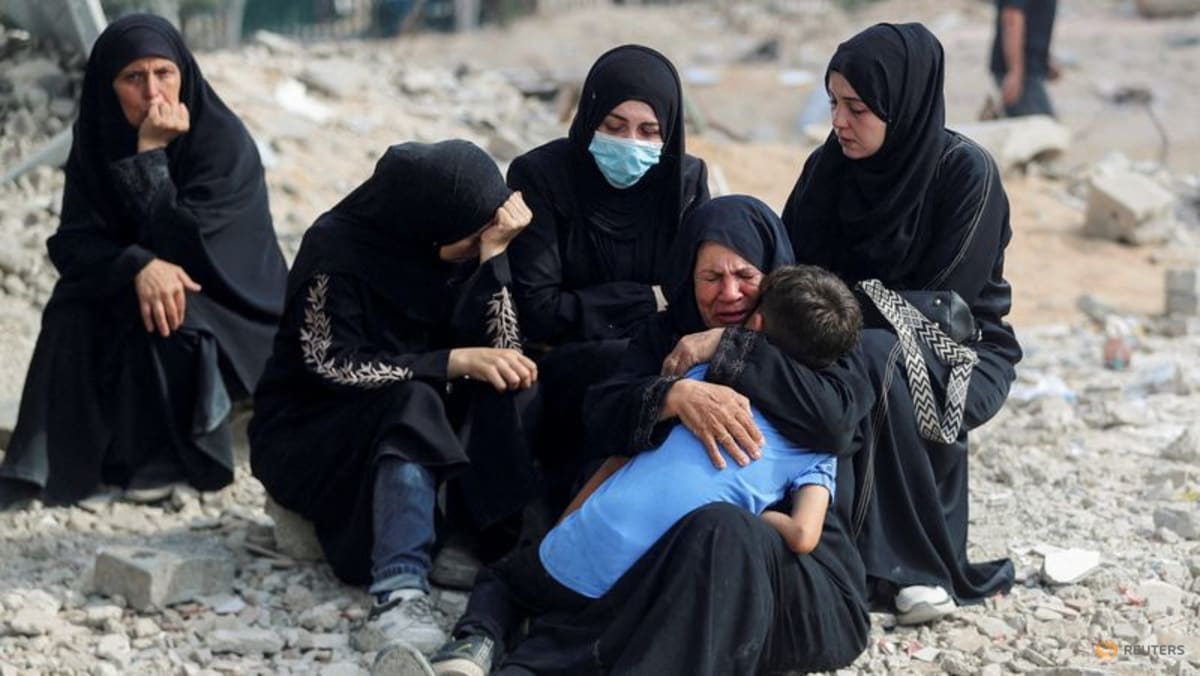INTERNATIONAL LAW AT STAKE
Genocide against the Palestinian people must be prevented at all costs. But the credibility of international law is also at stake if nothing is done in response to the UN commission’s determination.
The UN charter was designed to prevent the very kind of impunity we are witnessing. Yet when one permanent member of the security council, the US, can unilaterally block action, the system itself breaks down.
The commission’s report lays bare the hypocrisy of a global system that claims to be governed by law but is, in practice, governed by the political will of a few powerful states.
If a formal legal finding of genocide has no practical effect on the ground – if it does not stop the killing, the starvation or the destruction – this implies that international law is merely a suggestion, not a mandate, when powerful nations are at the centre of the controversy.
For Palestinians, the report is validation. For international law, it is a test. Either the genocide determination triggers real accountability – sanctions, arms embargoes, prosecutions – or it exposes the gap between lofty promises and political reality.
The UN commission’s report is likely to fuel pressure in the UN general assembly. It will undoubtedly energise civil society and may strengthen ongoing legal cases. But whether it has concrete consequences depends on states being willing to act against Israel – and, crucially, whether the US and UK maintain their protective stance.
The UN still counts for something, but perhaps not in the way it once did. Its power is not in the capacity to enforce, but in the power to name, to document and to judge.
The future of international law may well be judged on what happens next: whether the gravest crime in its canon can be recognised but left unchecked.
Malak Benslama-Dabdoub is Lecturer in Law at Royal Holloway University of London. This commentary first appeared on The Conversation.
